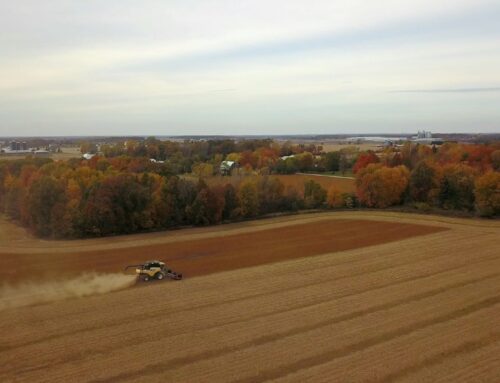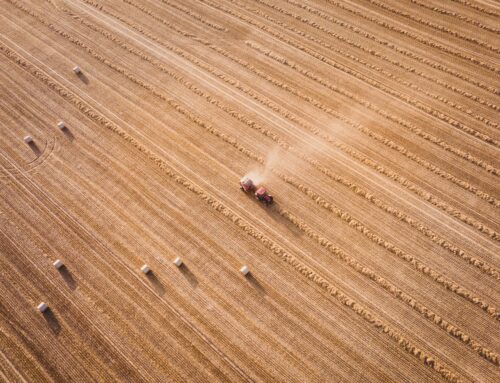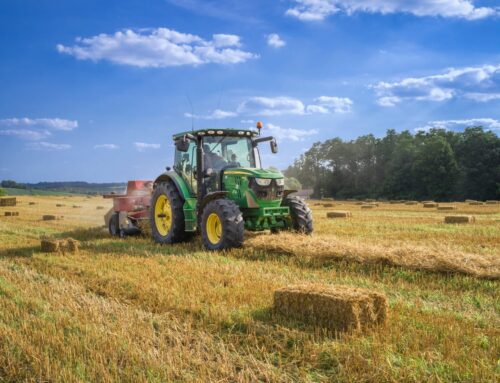Last week, the Government Accountability Office (GAO) released a new report finding that farm subsidies are still being paid to millionaires despite steps taken after 2008 to rein in improper payments. The report, entitled “Farm Programs: Additional Steps Needed to Help Prevent Payments to Participants Whose Incomes Exceed Limits,” describes how individuals deemed ineligible for farm subsidies continue to receive millions in tax dollars due to a lack of oversight by the U.S. Department of Agriculture (USDA). In the 2008 farm bill, USDA was directed to withhold agricultural subsidies for individuals earning over $1.25 million in adjusted gross income (AGI) annually. Bear in mind this is adjusted gross income; in other words, after subtracting nearly every imaginable expense that an agribusiness might incur, if a tax filer still has income above $1.25 million, they cannot recieve taxpayer subsides. Producers making “only” $1,249,999 or less could still receive taxpayer subsidies…In 2009, out of 1,410,647 individuals subject to income limits, only 1.2 percent were ultimately found ineligible for payments, and in 2010, less than one percent were found ineligible.
But, according to the new GAO report, taxpayers can't be confident even this overly generous income limit is being enforced. As GAO explains, USDA Farm Service Agency “state offices have not always followed guidance, and their reviews of tax returns and accountants’ or attorneys’ statements vary in quality, sometimes resulting in erroneous determinations of participants’ eligibility to receive payments.” In other words Washington is not monitoring the performance of state offices and the state offices have a varied track record of catching errors — GAO found errors in 19 of the 22 tax return files it reviewed from FSA offices in two states; one of these errors led to a potentially improper payment of $40,000.
We agree that, “As nationwide fiscal pressures continue, and farm incomes remain high, it is crucial to ensure that limited taxpayer dollars are spent to support only eligible farm and conservation program participants.” Additional safeguards should be implemented to ensure that highly profitable producers, people who are dead, and rich landowners are not receiving unnecessary and/or unlimited taxpayer subsidies. Enforcing our weak means-tests for eligibility is just the beginning. For more information on how the U.S. can craft a more cost-effective, transparent, accountable, and responsive farm safety net, see our suggested principles for reform.











Get Social